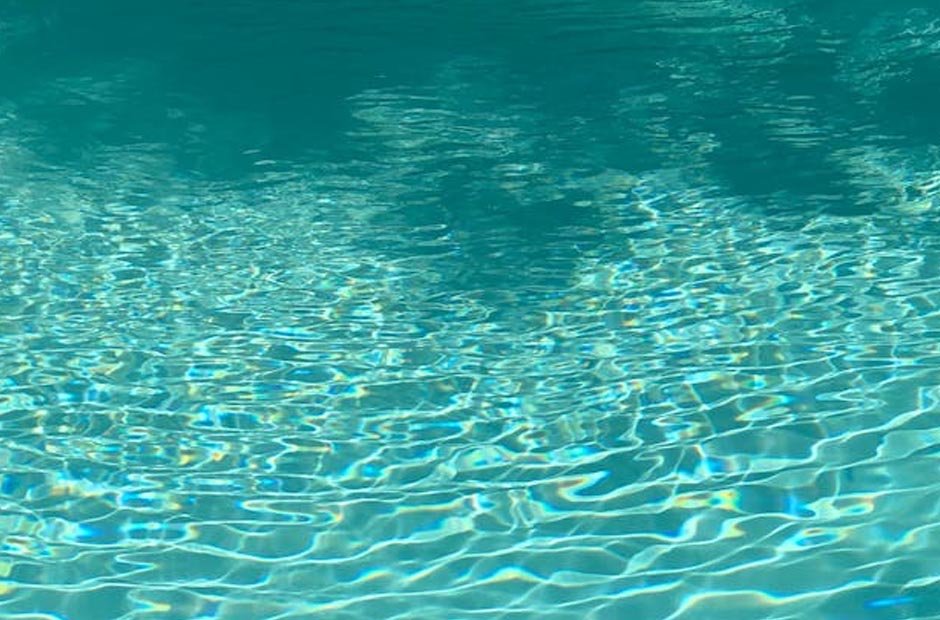Proper pool maintenance is essential for keeping your swimming area clean, safe, and enjoyable. However, many pool owners make common mistakes that can lead to bigger issues down the road.
Here are five common pool maintenance mistakes and how to avoid them.
1. Neglecting Regular Cleaning
One of the most common mistakes pool owners make is neglecting regular cleaning. Debris, such as leaves, dirt, and insects, can accumulate on the surface and in the pool’s filtration system. If not removed, this can lead to cloudy water, algae growth, and clogged filters.
To avoid this, skim the surface of your pool daily to remove floating debris. Additionally, vacuum the pool floor weekly to pick up dirt and other particles. Don’t forget to brush the walls and tiles to prevent algae buildup and keep the pool surfaces clean.
Maintaining a clean pool not only improves its appearance but also ensures the water remains safe for swimming. Regular cleaning can also extend the life of your pool equipment by preventing clogs and reducing the strain on your filtration system.
2. Ignoring Chemical Balances
Another common mistake is ignoring the chemical balances in your pool. Proper chemical levels are crucial for maintaining safe and clean water. An imbalance can lead to various issues, such as skin and eye irritation, algae growth, and damage to pool equipment.
Test your pool water at least once a week to monitor the chemical levels. Key parameters to check include pH, chlorine, alkalinity, and calcium hardness. Adjust these levels as necessary using appropriate pool chemicals.
Using a pool water testing kit can help you keep track of these levels accurately. If you’re unsure about managing the chemical balance, consider hiring a professional to test and adjust the chemicals for you.
3. Not Running the Pool Pump Long Enough
Many pool owners make the mistake of not running their pool pump long enough. The pool pump is responsible for circulating water through the filtration system, which helps keep the water clean and clear. If the pump isn’t running for a sufficient amount of time, the water can become stagnant, leading to algae growth and other issues.
To avoid this, run your pool pump for at least 8 to 12 hours a day, especially during the swimming season. This ensures that all the water in your pool passes through the filter multiple times a day, keeping it clean and free of debris.
Investing in a timer for your pool pump can help automate this process and ensure that the pump runs for the recommended amount of time each day. This not only helps maintain water quality but also saves energy by preventing the pump from running unnecessarily.
4. Overlooking Pool Leaks
Overlooking pool leaks is a significant mistake that can lead to more extensive damage and higher water bills. Leaks can occur due to various reasons, such as cracks in the pool structure, faulty plumbing, or damaged equipment. Ignoring a leak can result in water loss, chemical imbalances, and structural damage.
Regularly inspect your pool for signs of leaks. Look for wet spots around the pool area, water level drops, and unexplained increases in water bills. If you suspect a leak, it’s crucial to address it promptly. Hiring a professional for pool leak detection can help identify and fix the issue before it worsens.
By addressing leaks early, you can prevent costly repairs and ensure that your pool remains in good condition. Regular inspections and prompt repairs are essential for maintaining the integrity of your pool and avoiding long-term damage.
5. Failing to Maintain Pool Equipment
Pool equipment, such as filters, pumps, and heaters, plays a vital role in keeping your pool clean and functional. However, many pool owners neglect regular maintenance of these components, leading to reduced efficiency and potential breakdowns.
To avoid this, perform routine maintenance on all pool equipment. Clean or replace filters regularly, as clogged filters can reduce water circulation and lead to cloudy water. Inspect the pool pump and heater for any signs of wear or damage and address any issues promptly.
Be sure to winterize your pool equipment before the colder months to prevent damage from freezing temperatures. This includes draining water from pumps, filters, and heaters and storing them properly. Regular maintenance not only extends the life of your pool equipment but also ensures that your pool remains in top condition throughout the year.
Conclusion
By avoiding these common pool maintenance mistakes, you can keep your pool clean, safe, and enjoyable. Regular cleaning, proper chemical balance, adequate pump operation, timely leak detection, and diligent equipment maintenance are all essential for optimal pool care. Implementing these practices will help you maintain a beautiful and functional pool for years to come.






